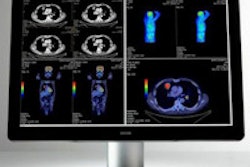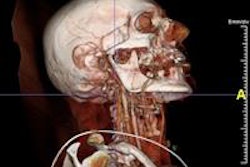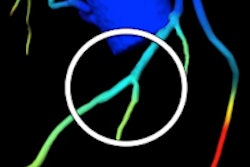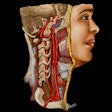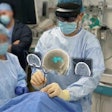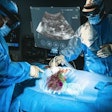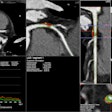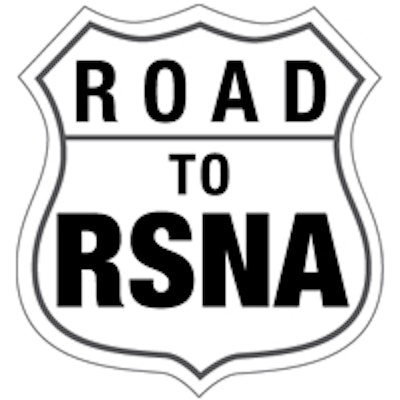
Advanced visualization topics are always near at hand at the RSNA meeting, and this year will be no exception. A plethora of presentations on image processing, computer-aided detection (CAD), and quantitative imaging applications will be given during the scientific sessions at McCormick Place.
Interest in quantitative imaging is surging, and researchers will describe, for example, how quantitative imaging data can predict survival in patients with glioblastoma multiforme and the success of kidney donor transplants. Quantitative imaging can also assess treatment response in inflammatory arthritis, predict stroke risk in carotid stenosis, provide early identification of Alzheimer's disease, inform treatment response for Y-90 selective internal radiation therapy in liver cancer, and aid personalized therapy by quantifying neuroendocrine tumors, according to talks at RSNA 2014.
3D reconstructions are helping to answer clinical questions, and, in an important trend, texture analysis is demonstrating value in a range of applications, including characterizing lung nodules and renal lesions. Texture analysis is also useful in hepatic fibrosis and for identifying subtypes of non-small cell lung cancer, according to researchers. Breast tissue complexity analysis may help decrease false positives from screening mammography, as may three-compartment breast imaging.
In CAD developments, presenters will describe how algorithms can help with the workflow challenges of CT lung screening, facilitate strong performance in noncathartic virtual-monochromatic dual-energy CT colonography, bolster multiparametric MRI in the prostate, and detect and assess vertebral fractures. The combination of breast MRI CAD and quantitative analysis also can help differentiate breast cancer subtypes, according to a scheduled talk.
Automated and semiautomated segmentation techniques can assist readers in identifying mediastinal lymph node stations and measuring the volume of diseased livers, according to researchers.
Of course, the previews of scientific presentations below are just an appetizer for the veritable smorgasbord of advanced visualization content being cooked up at RSNA 2014. More information on poster sessions, refresher courses, and educational exhibits on a wide variety of advanced visualization topics can be found in the RSNA's scientific and educational program, which you can browse by clicking here.






